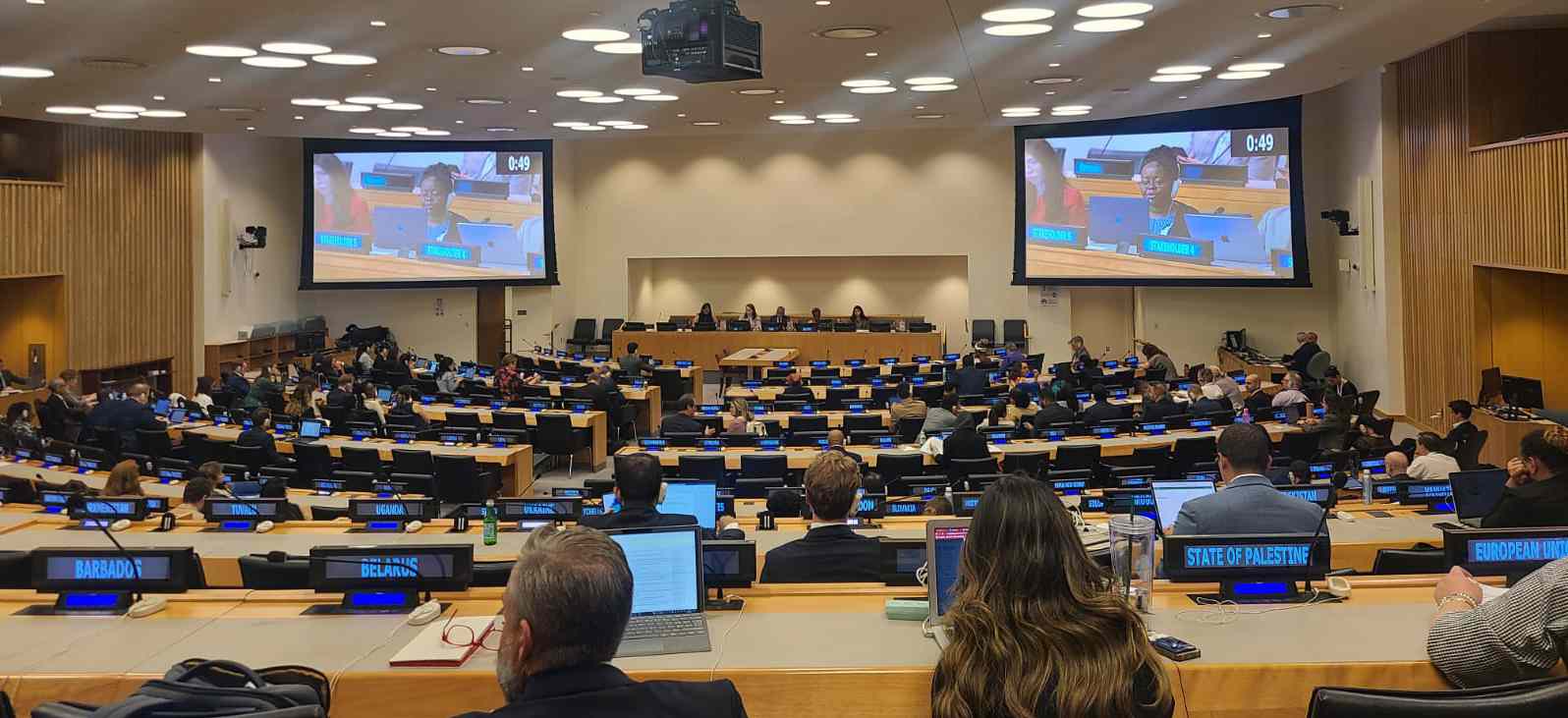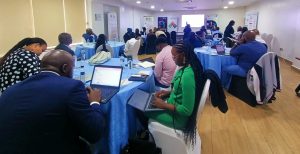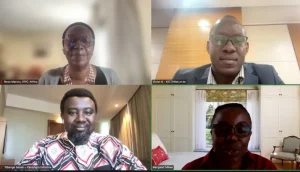The Kenya ICT Action Network (KICTANet) is a multistakeholder platform and think tank based in Nairobi. The network provides mechanisms and a framework for continuing cooperation and collaboration in ICT matters among stakeholders. It also encourages synergies for ICT policy-related activities and initiatives through advocacy, capacity building, research, and multistakeholder engagement.
We would like to congratulate you the Chair on the production of this 2nd Annual Progress Report, and make the following suggestions as a way of how the stakeholder community can contribute most meaningfully and effectively to the implementation of the various proposals:
A: Overview
Para 7: We applaud the Inclusion and participation and leadership of women in decision-making processes related to the use of ICTs in the context of international security as this underscores a pragmatic approach to handling the gender divide. We encourage states to integrate gendered approaches in addressing cyber threats.
B: Existing and Potential Threats
We support the addition of [10 ter] on States use of malicious ICT activities against CI and CII that undermine trust and confidence in political and electoral processes, or public institutions or that impact the general availability or integrity of the Internet, as they are a real and growing concern. So far, we also note the increasing use of ICTs in the electoral process, biometric digital identification systems and e-government services that could face new threats from developing technologies such as artificial intelligence.
Para 15: We welcome the proposal to develop a voluntary repository of threats to ICT security. Such a repository will serve as a one-stop shop for research and monitoring purposes, will allow for learning, and avoidance of duplication of efforts, and will be useful, especially for smaller states that may want to learn what others have done and leapfrog.
C: Rules, Norms and Principles of Responsible State Behaviour
Para 22: e [iii) bis]: We welcome this addition of Identifying and studying challenges associated with the implementation of the rules, norms, and principles of responsible State behaviour to better inform capacity-building efforts. We also underscore the need for explicit recognition of the efforts by non-governmental stakeholders such as CSO that continuously provide evidence-based information to support this topic.
Para 26: On norm implementation guidelines, there is a need to recognise in the text the importance of collaboration with relevant stakeholder non-governmental groups, such as civil society, the technical community, academia, and the private sector.
D: International law:
With respect to the application of international law, we urge for the recognition, involvement and participation of experts and non-governmental stakeholders in relevant discussions.
E: Confidence-building measures
Para 35 (a) KICTANet applauds the work made in integrating the Points of Contact Directory (PoC Directory) and proposes that the establishment of further substantive standards be included among the recommended next stages.
We also appreciate that subparagraph (e) supports collaboration with regional and sub-regional organisations, as well as interested stakeholders. We recommend that a point of contact be established between the PoC Directory and worldwide CERTs in sectors, enterprises and non-governmental groups, such as the Computer Incident Response Centre for Civil Society (CiviCERT).
F: Capacity building
Para 40: We welcome the recognition of capacity-building as a crucial confidence-building measure and a topic that touches on all of the OEWG’s work pillars. We recommend the adoption of holistic approaches that recognise the role of non-governmental stakeholders in capacity-building including training, research, and facilitating access to internet and digital services.
G: Regular Institutional Dialogue
We welcome the proposals to have regular institutional dialogue and recommend that multistakeholder approaches be adopted in ensuring open and inclusive participation, especially of non-government stakeholders.
![]()




